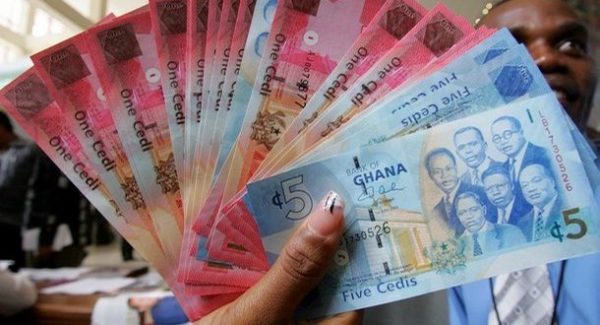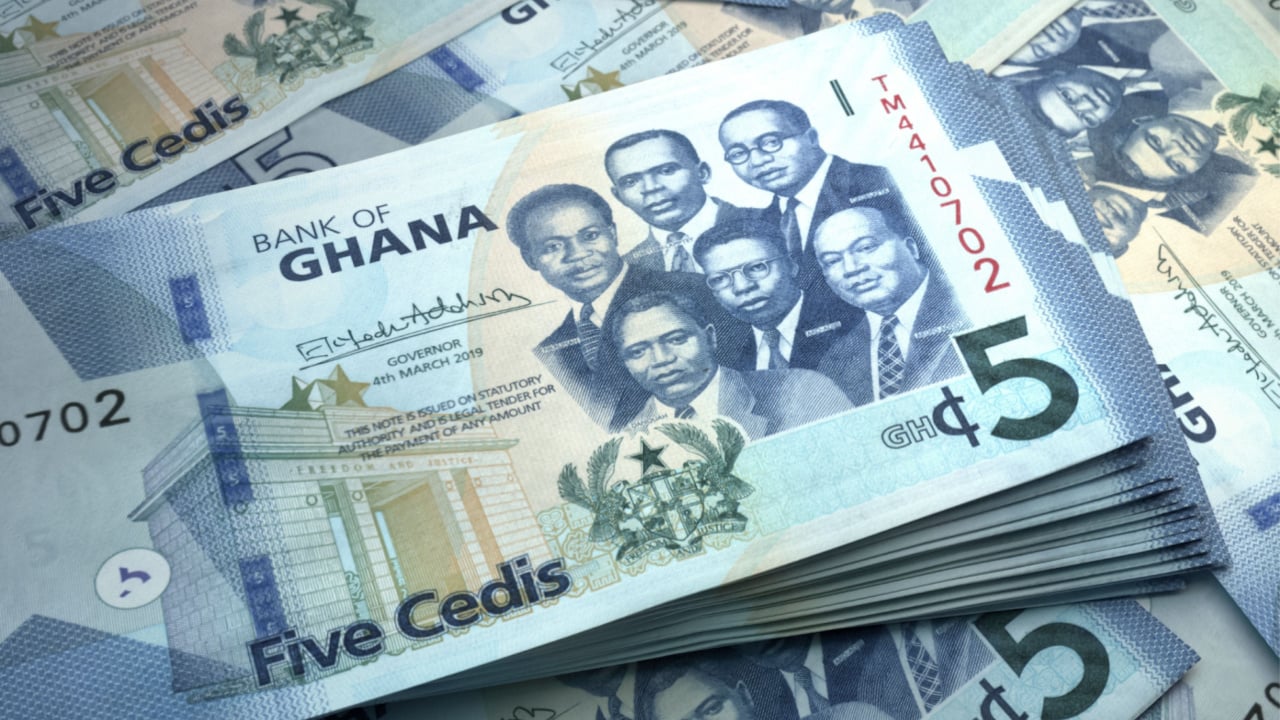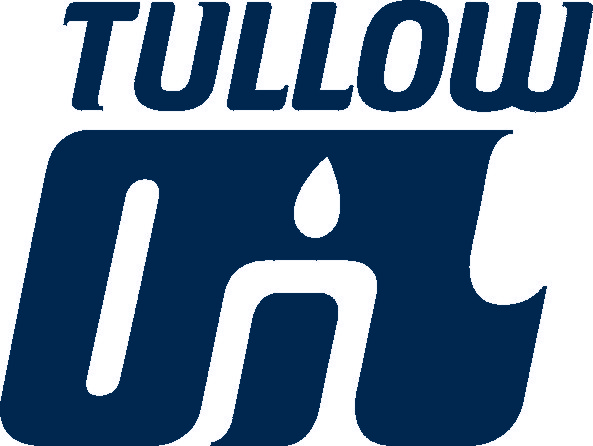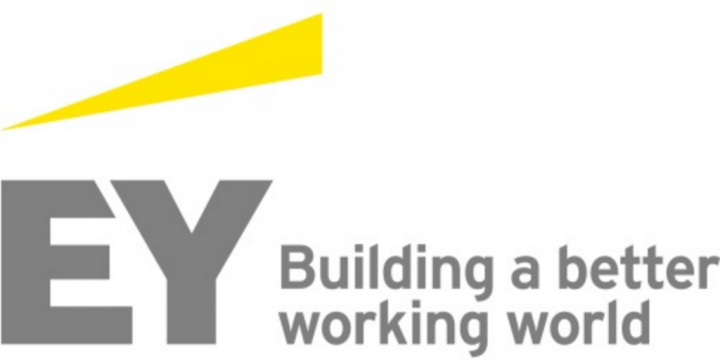As many as 18 million Ghanaians are expected to cast their vote on 7 December to elect the country’s new president with concerns about inflation, unemployment and debt high on their priority list.
Despite a tight race for the presidency, which will be contested between vice president Mahamudu Bawumia and former president John Mahama, analysts expect a peaceful aftermath. After all, the presidential aspirants have already signed a peace pact, pledging their commitment to accept the election outcome. Ghanians will also cast their vote to elect their representatives for all 275 seats in Ghana’s parliament.
As the eighth-year presidency of the incumbent Nana Akufo-Addo comes to an end, the country has largely been safe despite rising conflict in its northern neighbor, Burkina Faso. But although two oilfields were discovered in 2019, boosting government revenues and allowing it to spend more on social programs, still, many critics say Akufo-Addodo and vice-president Mahamudu Bawumia steered the country into hardship, especially in their second term. To win, Bawumia will have to get past Mahama, who is contesting for a third time.
In the past three years, Ghanian currency, Cedi, was one of the world’s worst-performing currencies and public debt was 72.3% of the country’s GDP as of December 2023. Despite being one of the world’s leading gold and cocoa producers, Ghana returned to the IMF for another bailout in 2022, unable to meet its debt obligations. Electricity blackouts have made a comeback and illegal mining, once a peripheral phenomenon, has spread across most of the country’s 16 regions, experts say.



